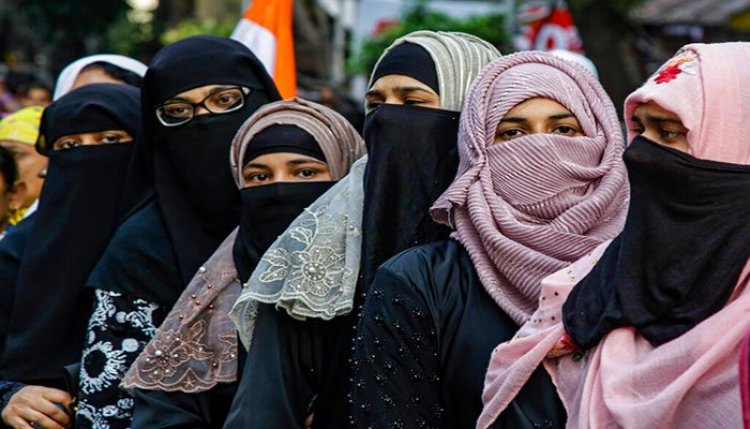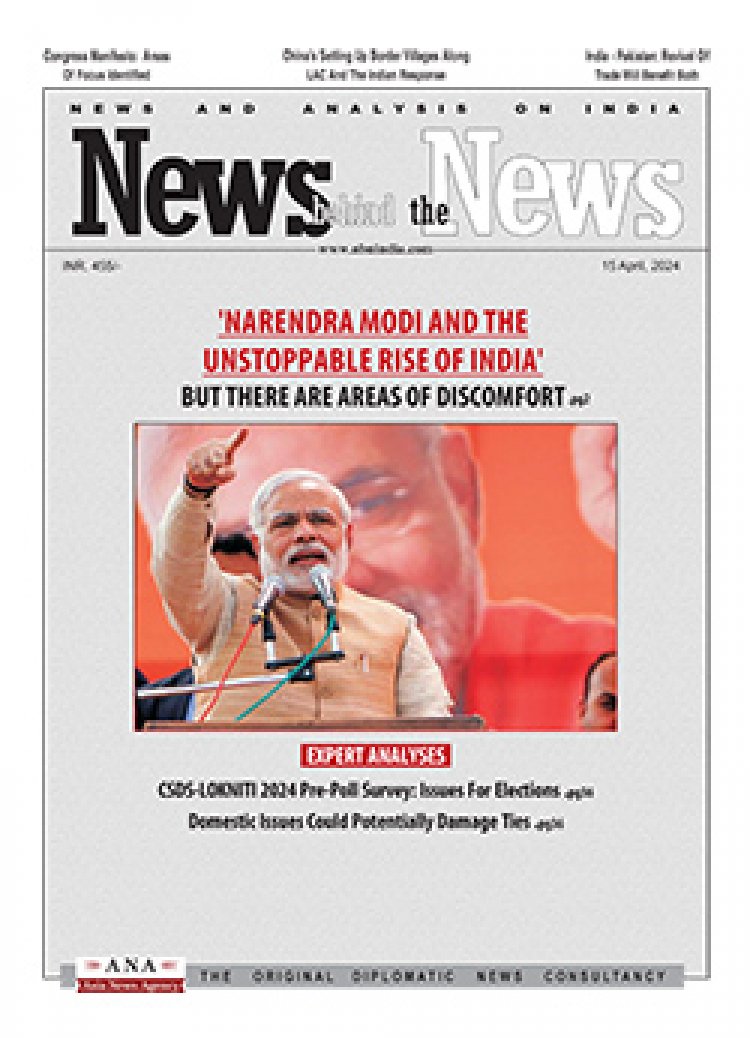Online “Sale” of Muslim Women: Criminal Bigotry and Misogyny
Asia News Agency

The online “sale” of 100-odd Muslim women on ‘Bulli Bai’ app hosted on the Github platform is shocking. This is not the first instance of targeting Muslim women. The platform Github, does not have a presence in India.
Although police have arrested three persons, The Indian Express writes the government must take urgent, exemplary action. “Simply taking down the app, without imposing costs on such criminal behaviour, is only an encouragement of impunity…..” Such behaviour, “panders to the worst communal tendencies and fantasies of violence……It is even more important, therefore, for the government to draw the red lines and send out a strong, clear message. The Narendra Modi government’s stated commitment to women’s empowerment has led it to design schemes such as ‘Beti Bachao, Beti Padhao’ (Save and educate the girl child). It has often congratulated itself as a champion of the rights of Muslim women by holding up legislation against ‘triple talaq'. It cannot now afford to be slow-footed in following through in a case of such flagrant violation. The Centre has often weaponised the IPC to go after dissenters and activists. This time, it must use push online platforms to assist with the investigation and identify the offenders. There must be firm, visible action against this criminal bigotry and misogyny.”
Failure to crack down earlier has emboldened others
Commenting editorially on the issue, The Tribune writes “the communally motivated and sexist ‘Bulli Bai’ app has surfaced just six months after the ‘Sulli Deals’ app and website had plundered publicly available pictures of Muslim women and described them as ‘deals of the day’. The failure of the law enforcement agencies to crack down on the perpetrators in the ‘Sulli Deals’ case has emboldened cyber criminals and hate-mongers to spew misogynistic venom all over again…….”
However, writes The Hindu, “in the midst of such pervasive police apathy, the swift action by the Mumbai police in tracing and arresting three persons…..gives hope that all is not lost. The Mumbai police action also contrasts with inaction of the Delhi police, who come under the Union Home Ministry, and the Noida police in Uttar Pradesh, a BJP-ruled State, in a similar case last year……"
Unemployed young India: hungry and hateful: Three youths have been arrested so far. Their ages range from 18 to 21. This is where India’s demographic dividend has landed, writes Mitali Mukherjee (news anchor, financial journalist, writer and TEDx speaker). “A potent cocktail of tech skills, blind majoritarian hate and unemployment.” This is the “age group that is facing raging unemployment bubbling between 19% and 21%. Young India is now sitting home with no work, no income and clearly no moral compass.
Policing the internet
Generally speaking, worldwide, cyberspace is increasingly becoming a haven for perverts, trolls and purveyors of toxic masculinity. And India is no exception. In 2020, around 2,300 cases of cybercrimes against women were registered in the country, up from 1,600 reported in 2019. The majority of these crimes pertain to the publication or transmission of sexually explicit material.
Apart from exemplary action against the culprits, there is a dire need to firm up the legal provisions so that the law can act as a potent deterrent.
Legal provisions of course need to be strengthened but it is impossible to police the internet. As per the Telecom Regulatory Authority of India (TRAI) there were around 825 million internet users in India at the end of March 2021. Most of them are genuine ones with a minuscule number of rogue elements. Such rogue elements, writes Meehan Chadha Borwankar (former chief, Bureau of Police Research & Development) “have the lethal capability to create havoc in the nation, its polity, economy and the personal and professional lives of citizens. They can also strain the fragile social fabric of the country as can be seen in the open-source app, Bulli Bai….”
Stating that there is reluctance to report, Borwankar says “NCRB statistics show that total cyber crimes in India during 2020 were 50,035, and those specifically against women were only 10,405. These statistics are but a fraction of the ground reality.”















